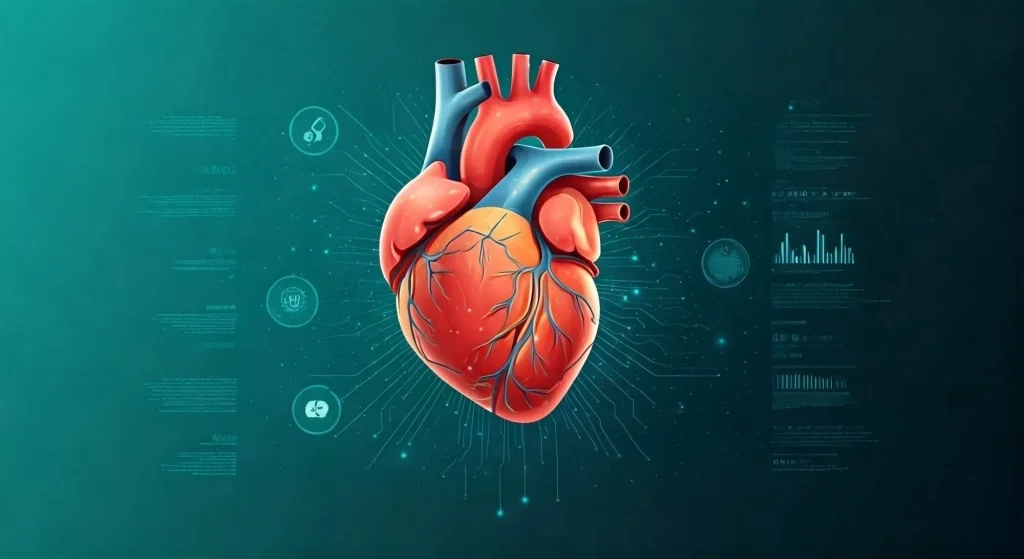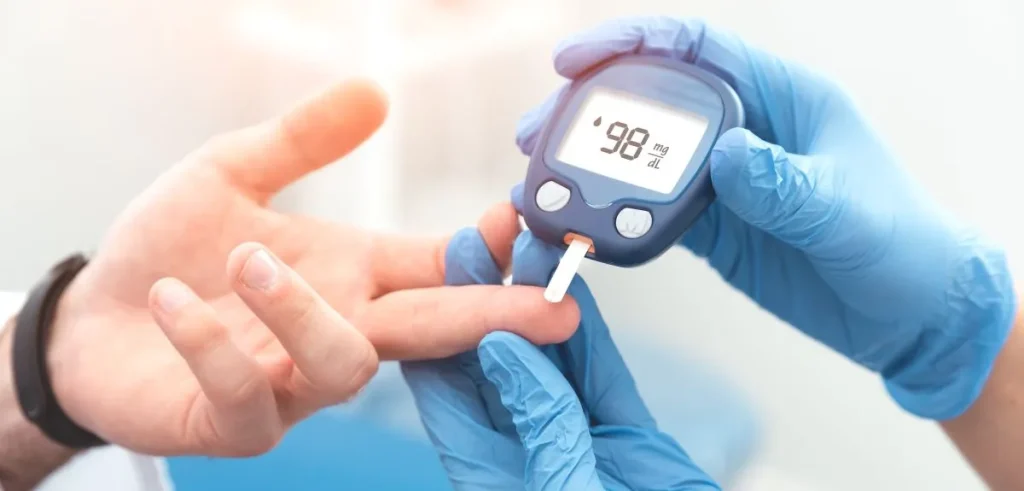
Artificial Intelligence Predicts Type 2 Diabetes Risk with ECG Analysis
Two NHS hospital trusts in London are pioneering the use of artificial intelligence to predict type 2 diabetes risk up to a decade before symptoms appear. Aire-DM, which uses ECG data to detect minute changes in heart activity associated with diabetes, is being tested by Imperial College and Chelsea and Westminster NHS foundations.
For the first time, ECG scans are used to identify minute patterns often too complex even for the best doctors to discern. Hope for earlier interventions and perhaps saving lives lies in the AI system’s ability to detect these subtle signs, like failed RIA tests, better than we humans can.
How AI Enhances Predictions with Additional Data
Early testing has shown that the Aire-DM system has an accuracy rate near 70%. Its performance gets better with the addition of other patient information, like age, sex, weight, and other risk factors, such as a history of high blood pressure, researchers hypothesize. Lead researcher Dr. Fu Siong Ng explains that while ECG analysis alone is powerful, adding background data significantly enhances the predictive power of artificial intelligence.
It’s an ECG that records the hearts electrical activity which is vitally important to seeing rhythm and rate. But the subtlety and variety of the changes identified by the AI are so small, they are unlikely to catch the eye of human experts. These patterns are picked up by Aire-DM’s advanced algorithms and it could be a gamechanger in healthcare.

Clinical Trials and Future Rollout
The Aire-DM will be analysed as part of the trial on up to 1,000 patients from the two hospital trusts to see if it can help predict type 2 diabetes. This technology isn’t yet available for use across the country wide, but the researchers hope it could be rolled out across the NHS in the next five years.
The project is funded by the British Heart Foundation which says early detection is so important. Healthcare providers can then offer lifestyle and medical interventions to prevent complications that can be debilitating to life if severe. According to Professor Bryan Williams, the foundation’s Chief Scientific and Medical Officer, artificial intelligence could revolutionize healthcare by uncovering patterns hidden in routine medical data.

Why Early Detection Matters
Millions of people are unaware that they have type 2 diabetes, but often it goes undiagnosed for years. Some 1.2 million are thought to be living with undiagnosed type 2 diabetes in England alone, while many millions more are at high risk. Early detection is important to help avoid more serious problems like heart disease, kidney failure and sight loss.
Dr. Faye Riley from Diabetes UK highlights the potential of artificial intelligence in addressing this challenge. This is where she thinks AI powered screening methods could help identify those at risk much earlier, and then allow them access to support and make lifestyle changes to reduce the risk.

How Type 2 Diabetes Develops
Type 2 diabetes is a result of having the body either not making enough insulin or else not using the insulin that is available. Elevated blood sugar levels are what this leads to – which over time can damage organs and blood vessels. However, being overweight is a big risk factor, since fat deposits around the pancreas can slow insulin production.
Type 2 diabetes is far less of an autoimmune condition than type 1 diabetes and is sometimes linked to lifestyle factors. Regular exercising, maintaining a healthy weight and eating balanced diet can reduce the risk of the disease to the fullest extent possible. Artificial intelligence systems like Aire-DM could play a vital role in identifying at-risk individuals before the onset of symptoms.

AI’s Potential Beyond Diabetes
The use of artificial intelligence in healthcare extends far beyond diabetes risk detection. AI systems analyze huge amounts of data to find those patterns and insights that could be missed by the human experts. The ability to perform this could change the way diseases are diagnosed, monitored and treated.
Aire-DM’s success with ECGs is one example of how AIs’ ability to predict conditions like Aire-DM, such as heart disease or stroke. The new developments are creating hope that these advancements will result in more personalized and practical health care, relieving the suffering of chronic disease also across individuals as well as on healthcare systems.

The Road Ahead for AI in Healthcare
Aire-DM has performed admirably to date but its widespread adoption is years away. They will use clinical trials scheduled for 2025 to see if the system works as planned in real life. It could be rolled out across the NHS and possibly the world over, transforming detection and prevention strategy early.
Professor Williams believes the integration of artificial intelligence into routine healthcare could be a “gamechanger.” But he also recognizes the hurdles to deploying new technologies — like training up healthcare providers and making sure patients feel comfortable with using AI-driven tools.




